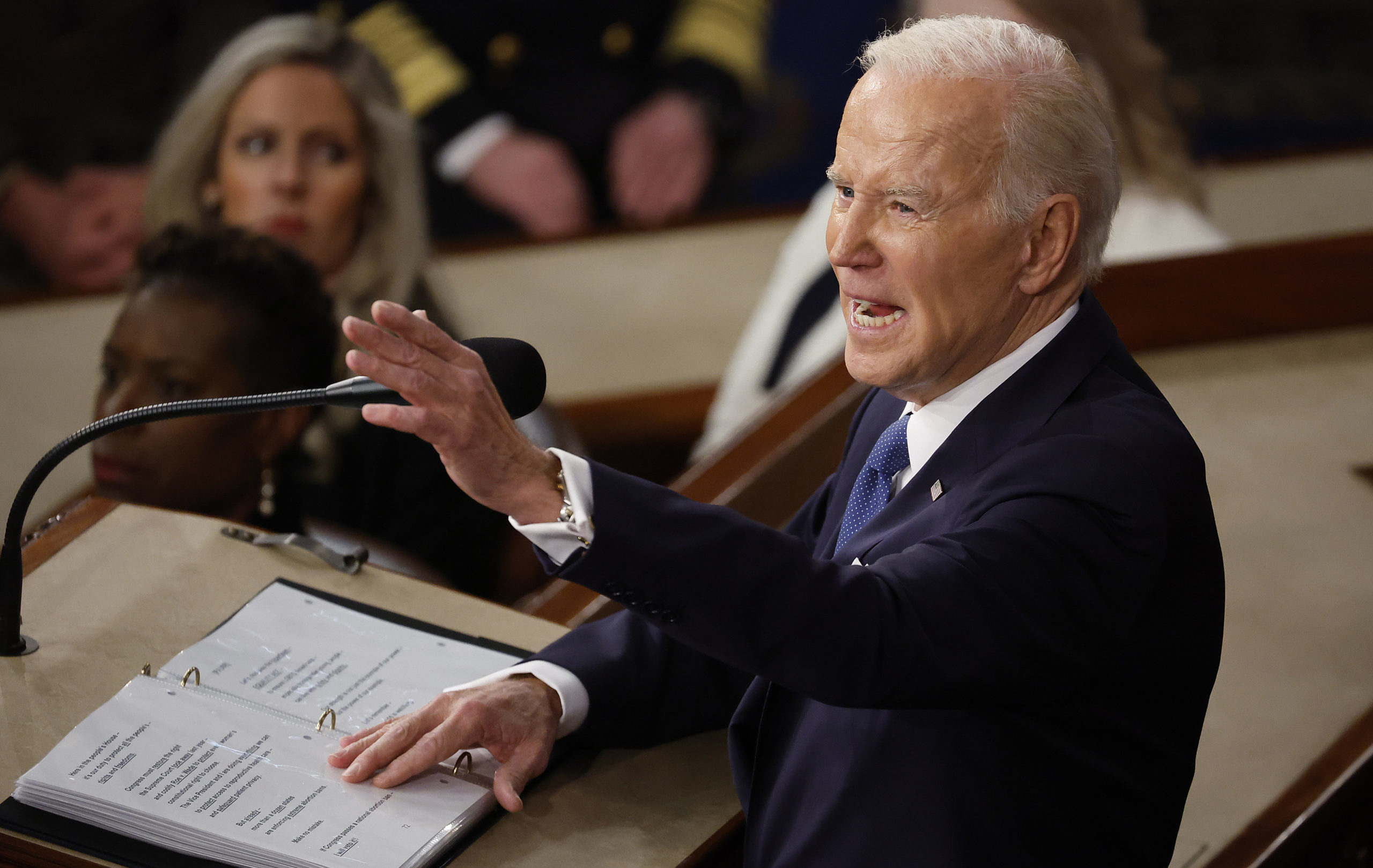Price Controls Are Still Stupid
A second Biden administration seems set on reviving the favorite economic trick of the bad old ’70s.

The Republicans are in the midst of their convention, cutting capers and showing off the assorted rascalities they wish to perpetrate if the American people pass them the baton in November. There is no shortage of reporting on it, not least in The American Conservative’s own pages—we’ve covered the bare facts in copious detail, and rendered commentary on the good and the troubling in the GOP’s current trajectory. (Be sure to keep reading our breaking hits at the State of the Union blog and our reporting on the main site—and, of course, subscribe!)
There has been no shortage of drama at Milwaukee, following the attempt on the former President Donald Trump’s life and the Ohioan Sen. J.D. Vance’s selection as his running mate, sealing the apparent supremacy of America-First conservatism in the GOP. As the antics at Milwaukee are under way, it is worth looking ahead to the assorted rascalities President Joe Biden’s Democrats wish to perpetrate if they win. Plenty of these are old news: codifying Roe; raising corporate taxes; continuing the Albrightian orgy of foreign adventurism, whatever the expenses or dangers. (Interestingly, the “green” platform plank has taken the rhetorical back seat—an apparent tacit recognition of the expensive failure of “green” policies in America and the wipeout of green movements in European elections this year. Let it never be said the Democrats are wholly insensible to political reality!)
There are, however, some fresh new pieces of thinkery coming from the left side of the aisle. Biden has referred to two in particular in recent appearances: an attack on medical debt and an attack on rent hikes. The medical debt scheme is, as yet, shadowy and undefined; thanks to the Anglo-American legal tradition, outright debt forgiveness is a tricky proposition in the eyes of the courts, which is why the great crusade against student-loan balances has been qualified down to a few exhibition bouts with marginal cases. The rent control scheme, however, has hove into clearer view thanks to the industry of the Washington Post, which is back in the amanuensis’s seat after a brief, embarrassing stint in the anti-Biden panickers’ choir. The administration plans to implement a 5-percent rent increase cap on landlords with more than 50 existing units—existing only, so as not to discourage building.
Subscribe Today
Get daily emails in your inbox
Much as we may privately welcome the return of the feel-bad ’70s in certain respects, economic policy isn’t one. Price controls generally and rent controls specifically have been tried many, many times and found wanting, which is why your average national politico is shy about suggesting they might work now. (See the hesitation that attended the former Prime Minister Rishi Sunak in last year’s suggested revival of that Heath-era bogey, “voluntary” price controls.) Housing prices are determined by a few discrete factors: overall inflation, interest rates, and supply. Inflation is down, although prices are still much higher than they were three years ago; interest rates remain relatively high, and probably will for the foreseeable future; supply is artificially squeezed, mainly by regulation and zoning restrictions.
Capping rents addresses only symptoms, and it addresses them in a way that aggravates the other underlying problems by reducing the capital available to landlords for development. (Landlords, dislikable as they are as a class, also suffer the effects of inflation and high interest rates, and tend to raise rents to cover their own costs rather than out of premeditated villainy.) It might be argued that it might work as a temporary measure in tandem with a massive state-subsidized development program to get around the pinch on available capital, but that would again set the money supply on the inflationary slide. Painful as it may be—especially for a liberal administration like Biden’s, which believes in government by brain trust—nobody has found a better method for dealing with housing shortages than letting the market rip. The housing crisis of post-War Britain ran practically unabated for nearly 30 years until the brain trusts of several governments declared defeat and handed things over at last to the builders.
In his first term, Biden has, time and again, cast himself as a transformational president, particularly as a new FDR. This is sometimes pathetic—the failed rural broadband plan was clearly modeled on rural electrification. It is sometimes very dangerous—our foreign policy (down to the effort to frame Ukraine as the UK, complete with a lend-lease program and a tinpot Churchill) is a tribute act to the Second World War. While we have our own reservations about the New Deal and the Rooseveltian settlement, there is at least a touch of grandeur there to emulate. In his second term, it looks as if he intends to reenact a far shabbier chapter of history—the desperate last gasps of the postwar arrangement. Biden may not be able to remember the recent past, but that doesn’t mean the rest of us have to pretend it hasn’t happened.